From carbon to calcium, how vegan diets stack up
Processed meat substitutes have been in the spotlight for their environmental impact compared with vegetables or beans, so what should consumers do?
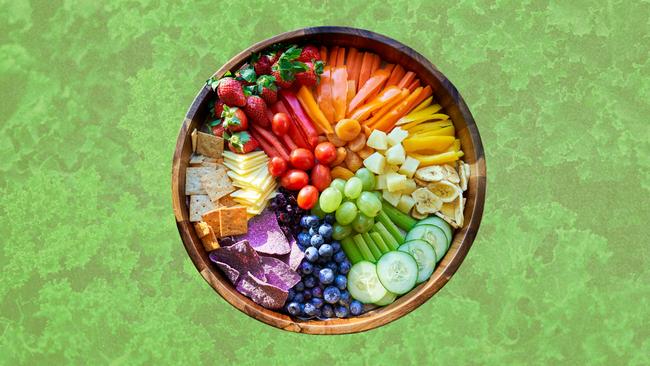
The livestock industry produces a fifth of global greenhouse gas emissions, so it makes sense that people have begun to eat more plant-based alternatives.
But while these reduce meat consumption, how much do they help the environment? According to a recent study by the University of Oxford, popular products such as oat milk and vegetarian sausages, for example, were found to have fewer climate benefits than unprocessed foods such as peas and beans.
Beef has the greatest carbon footprint of any protein-rich food. A high-tech solution, lab-grown beef, still produces 2.77kg of CO2 per serving compared with 3.61kg for regular beef - cutting emissions by a third. In comparison, traditional meat alternatives such as tofu or tempeh contribute less than 0.2kg of CO2 per serving. They are also healthier.
However, achieving a balanced diet while eating plant-based food requires more effort, since meat is typically more nutrient-dense than its vegetarian or vegan counterparts. One serving of poultry contains 45 per cent of your daily protein, whereas a serving of tofu contains just 18 per cent.
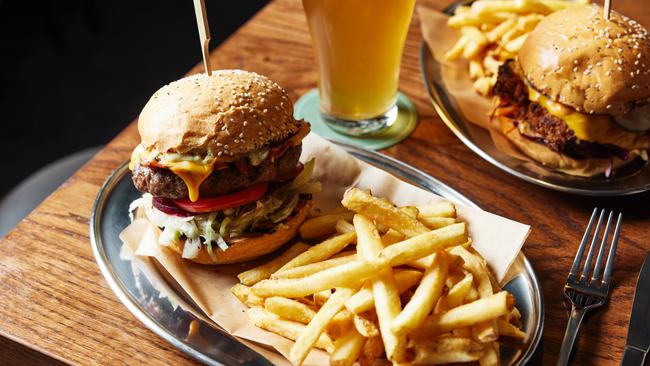
Processed meat substitutes such as Linda McCartney vegetarian sausages or Quorn nuggets have surged in popularity among environmentally and health-conscious consumers. But while many products emulate the texture of meat, such as veggie burgers, and may make it easier for some people to give up meat, their environmental impact varies.
Beef burgers contribute 14 times more greenhouse gas emissions than veggie burgers and also use 32 times more land to produce one serving. But processed pork products, such as bacon and sausages, produce about three times less greenhouse gas than beef burgers. Their plant-based alternatives are marginally less environmentally friendly than veggie burgers, which means that moving to pork alternatives has less of an impact.
Production of veggie sausages and soya bacon contributes more greenhouse gas emissions than veggie burgers and they also require 70 per cent more land.
The environmental impact of different dairy alternatives also varies. It takes nine times the amount of water to produce a serving of almond milk than a serving of oat milk, and the intensive almond farming industry is killing large numbers of the bees that are essential for pollination. But all vegan milk alternatives produce less than half of the greenhouse gas emissions per serving of cow’s milk and use significantly less water and land.
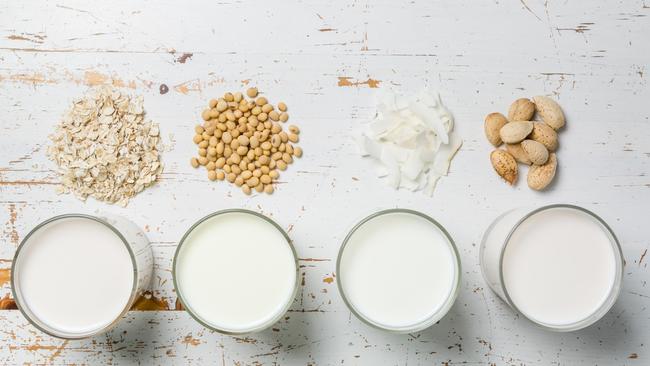
Plant-based milks are fortified with calcium and other vitamins to ensure consumers get enough nutrients. Brands such as Oatly and Alpro provide 15 per cent of the recommended daily intake of calcium per serving.
Almond milk is the most calcium-rich milk, with 33.2 per cent of your daily recommended amount per 100g, followed by soya milk at 28.18 per cent and dairy milk at 15.73 per cent.
Oat milk, the trendiest milk alternative, is bought regularly by almost a quarter of the population in the UK. Perhaps surprisingly, it is high in fat, 8g per 100g, as well as carbohydrates, 16g per 100g, which may cause blood sugar spikes. In comparison, dairy milk provides 5g of fat per 100g and 0g of carbohydrates.
Price is a big obstacle in the move to meat and milk alternatives, particularly for plant-based processed products.
Switching to a vegetarian full English breakfast would mean spending a little bit more as veggie sausages are 42 per cent more expensive per serving than pork sausages and veggie bacon is 98 per cent more expensive than pork bacon. However, some brands are increasingly selling their plant-based products at a more competitive price. Richmond sells meat-free sausages for just 20p more per pack than their pork variety.
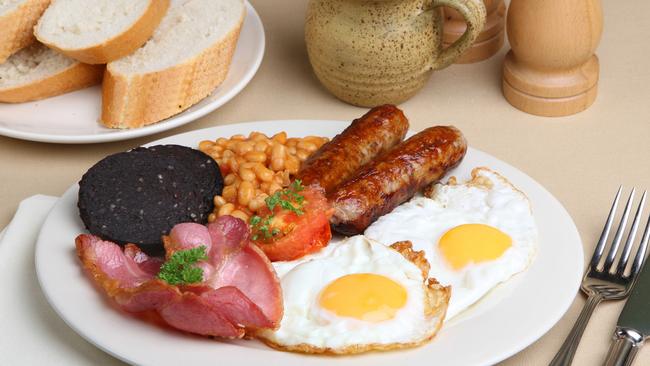
Unprocessed plant-based foods continue to be a good way to keep costs low, with beans, peas, and soya beans all costing 8p per serving (AUD 0.16). Even when looking at calorific intake, 200 calories’ worth of beans costs 18p (AUD 0.36), whereas the same measure of poultry costs 64p (AUD 1.27). Plant-based milk alternatives have a higher price, with even the least expensive plant-based milk costing 50 per cent more than cow’s milk.
Ultimately, it is better for the environment to eat or drink any of these alternatives than meat or dairy, but some of the trendier vegan imitations provide less nutrition for more money than unfashionable, unprocessed beans.
The Times


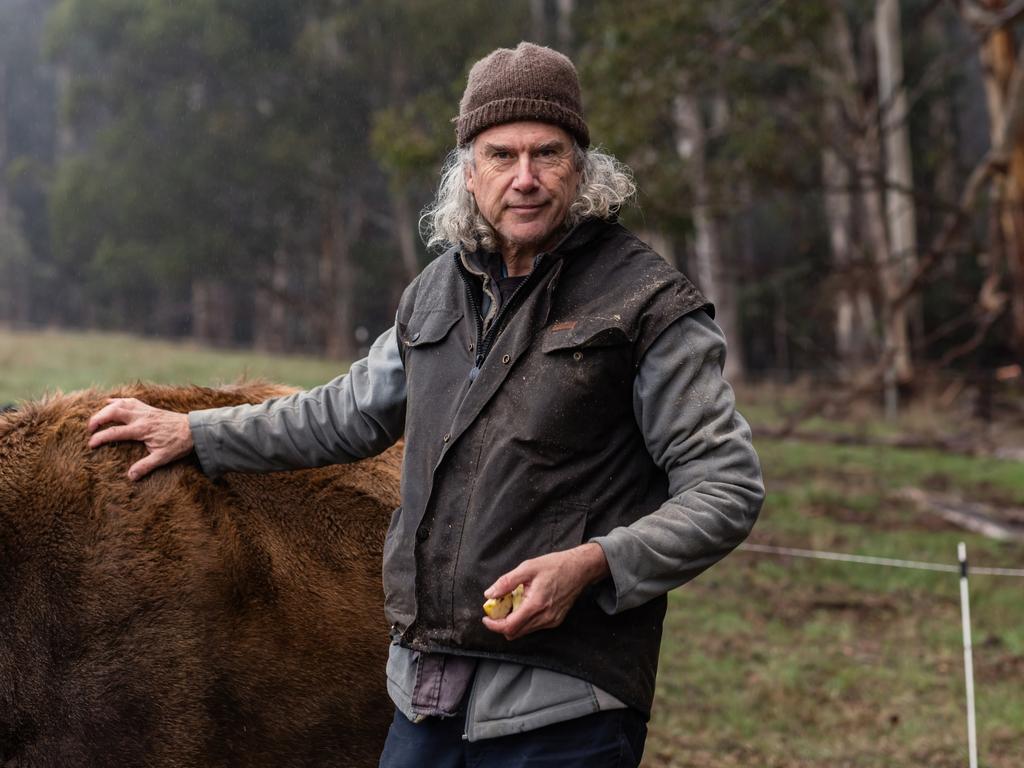
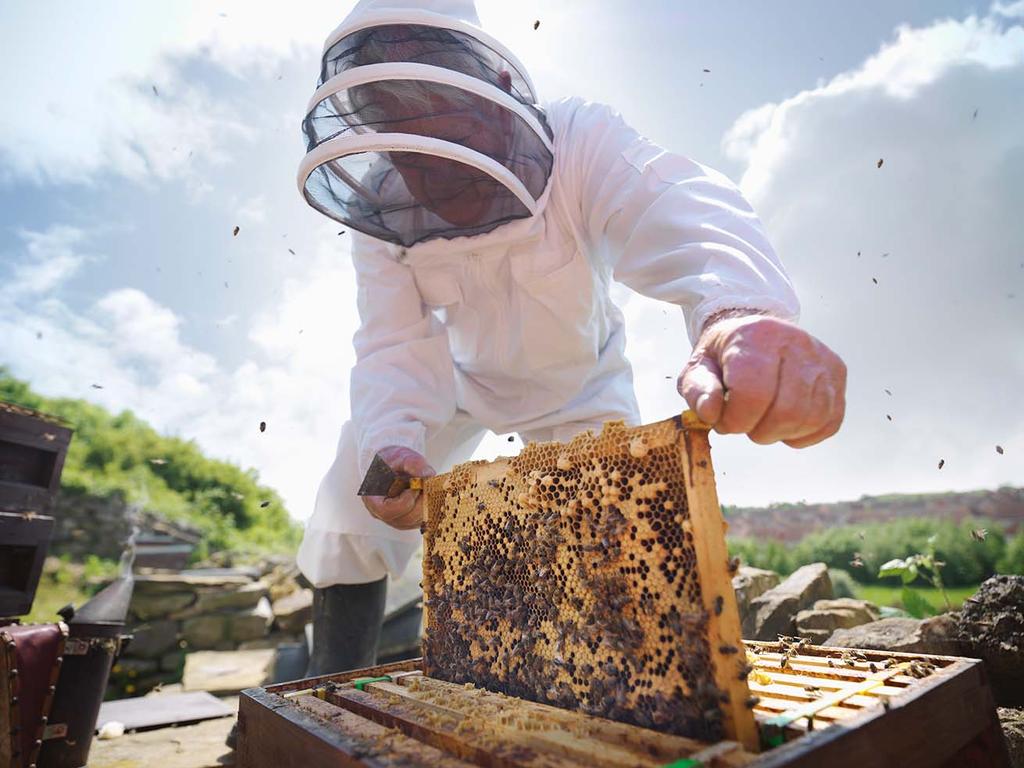
To join the conversation, please log in. Don't have an account? Register
Join the conversation, you are commenting as Logout